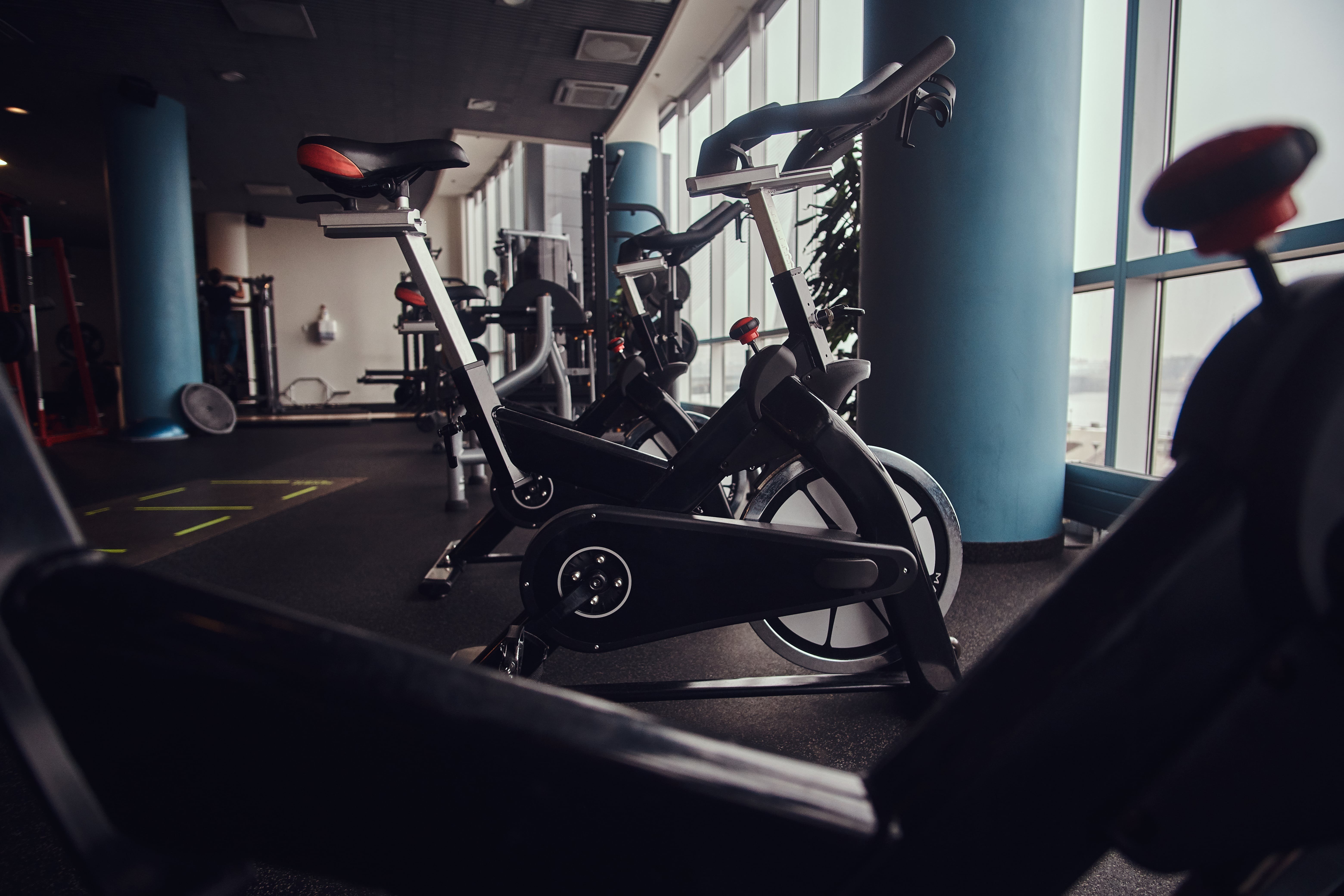
Static Bike Exercise
FollowOverview
-
Founded Date 6 July 1932
-
Sectors BPO
-
Posted Jobs 0
-
Viewed 3
Company Description
The No. 1 Question Anyone Working In Stationary Bike Should Be Able To Answer
Understanding Stationary Bikes: A Comprehensive Guide
In the contemporary world, where fitness is ending up being significantly integrated into our daily routines, stationary bicycles have actually emerged as a flexible choice for cardiovascular training. This article explores the various kinds of stationary bicycles, their advantages, functions to consider when acquiring one, and how to incorporate them into your fitness routine.
Tabulation
- Types of Stationary Bikes
- Advantages of Using a Stationary Bike
- Features to Consider When Buying a Stationary bike Home exercise
- Tips for Effective Cycling Workouts
- Regularly Asked Questions (FAQs)
1. Kinds Of Stationary Bikes
There are a number of types of stationary bicycles available on the marketplace, each created to deal with different fitness levels and choices. Below is a summary of the main types:
| Type | Description | Perfect For |
|---|---|---|
| Upright Bike | Features a conventional bike design. The rider sits upright. | People seeking a reasonable biking experience. |
| Recumbent Bike | Uses a reclined seating position with a bigger seat and back support. | Those with back issues or those seeking comfort throughout workouts. |
| Spin Bike | Similar to an upright bike however designed for high-intensity training. | Fitness lovers and those wishing to mimic outside cycling. |
| Double Action Bike | Includes handlebars that move, supplying an upper body exercise too. | Individuals seeking a full-body workout. |
2. Benefits of Using a Stationary Bike
Utilizing a stationary bike for exercise provides many advantages for physical health and general well-being. A few of the key benefits consist of:
- Cardiovascular Fitness: Regular cycling enhances the heart, enhances flow, and enhances aerobic capability.
- Weight Management: Stationary biking assists burn calories and preserve a healthy weight.
- Joint-Friendly: Cycling is a low-impact exercise, making it ideal for individuals with joint pain or injuries.
- Convenience: A stationary bike can be utilized indoors, enabling workouts regardless of climate condition.
- Customization: Most stationary bikes provide adjustable resistance levels, accommodating different fitness levels.
3. Functions to Consider When Buying a Stationary Bike
When selecting a stationary bicycle, think about the following functions to guarantee you pick the model that finest fits your needs:
- Comfort: Look for a bike with an adjustable seat and handlebars to accommodate your body size.
- Resistance Levels: Check if the bike provides adjustable resistance to challenge your exercises.
- Display Monitor: A good display screen monitor shows important metrics such as time, distance, speed, and calories burned.
- Mobility: If space is restricted, think about a bike with transport wheels for simple motion.
- Guarantee: Look for a bike with an extensive warranty to secure your investment.
Comparison Table of Key Features
| Function | Upright Bike | Recumbent Bike | Spin Bike | Dual Action Bike |
|---|---|---|---|---|
| Convenience | Moderate | High | Moderate | Moderate |
| Resistance Levels | Adjustable | Adjustable | Adjustable | Adjustable |
| Keeping an eye on Display | Standard | Advanced | Basic | Advanced |
| Area Requirement | Low | Moderate | Moderate | Moderate |
| Price Range | ₤ 200 – ₤ 700 | ₤ 300 – ₤ 800 | ₤ 300 – ₤ 900 | ₤ 400 – ₤ 900 |
4. Tips for Effective Cycling Workouts
To maximize your stationary bike workouts, think about the following tips:
- Warm Up: Start with a 5-10 minute warm-up at a low resistance level before increasing strength.
- Stay Hydrated: Keep a water bottle neighboring and take sips throughout your workout.
- Vary Your Workouts: Incorporate interval training by rotating between high-intensity bursts and recovery periods.
- Listen to Music or Watch Television: Engaging your mind can assist make exercises more satisfying and disruptive.
- Track Your Progress: Keep a log of your workouts and note improvements with time to stay determined.
5. Frequently Asked Questions (FAQs)
1. The length of time should I use a stationary bike for efficient workouts?
For ideal results, aim for 150 minutes of moderate aerobic activity weekly, which can be divided into 30-minute sessions five times a week.
2. Are stationary bikes suitable for newbies?
Yes, stationary bicycles are best for novices due to their adjustable resistance and low-impact nature, making them simple to utilize at any fitness level.
3. Can stationary cycling assist with weight reduction?
Absolutely! Regular usage of a stationary bike, integrated with a balanced diet, can significantly add to weight-loss efforts by burning calories.
4. What should I use when using a stationary bike?
Wear comfy, moisture-wicking clothing and supportive athletic shoes to guarantee an enjoyable workout experience.

5. Is it much better to use a stationary bicycle or a treadmill for cardio?
It depends upon personal preference and fitness objectives. Stationary bicycles are lower impact and easier on the joints, whereas treadmills can offer weight-bearing workouts that might reinforce bone health.
Stationary bicycles are a wonderful way to include cardiovascular exercise into everyday routines. With numerous types available, in addition to special advantages and functions, selecting the best bike can boost fitness levels and enhance total well-being. By understanding the functionality of these machines and integrating them into regular exercises, people can cultivate a healthier lifestyle with each pedal stroke.


